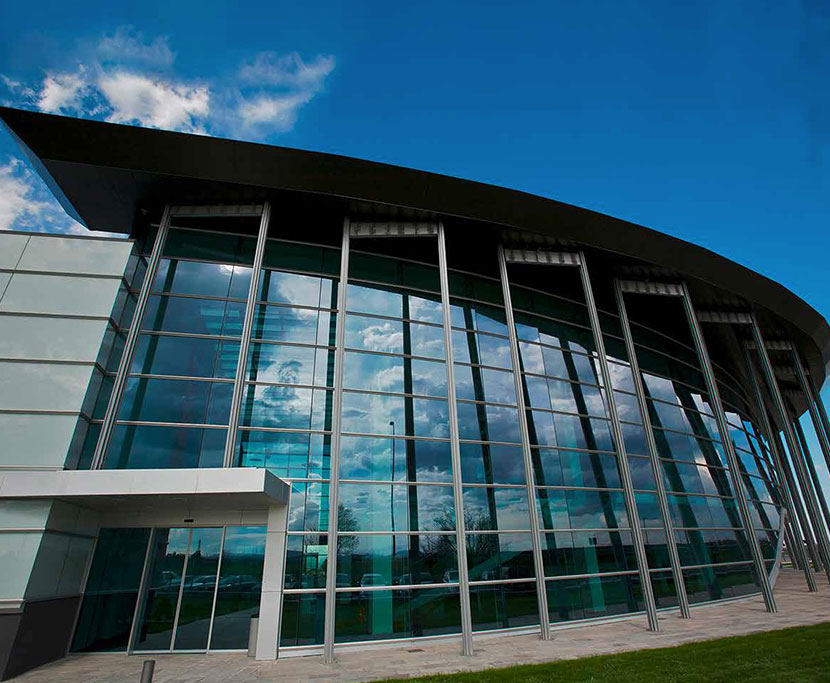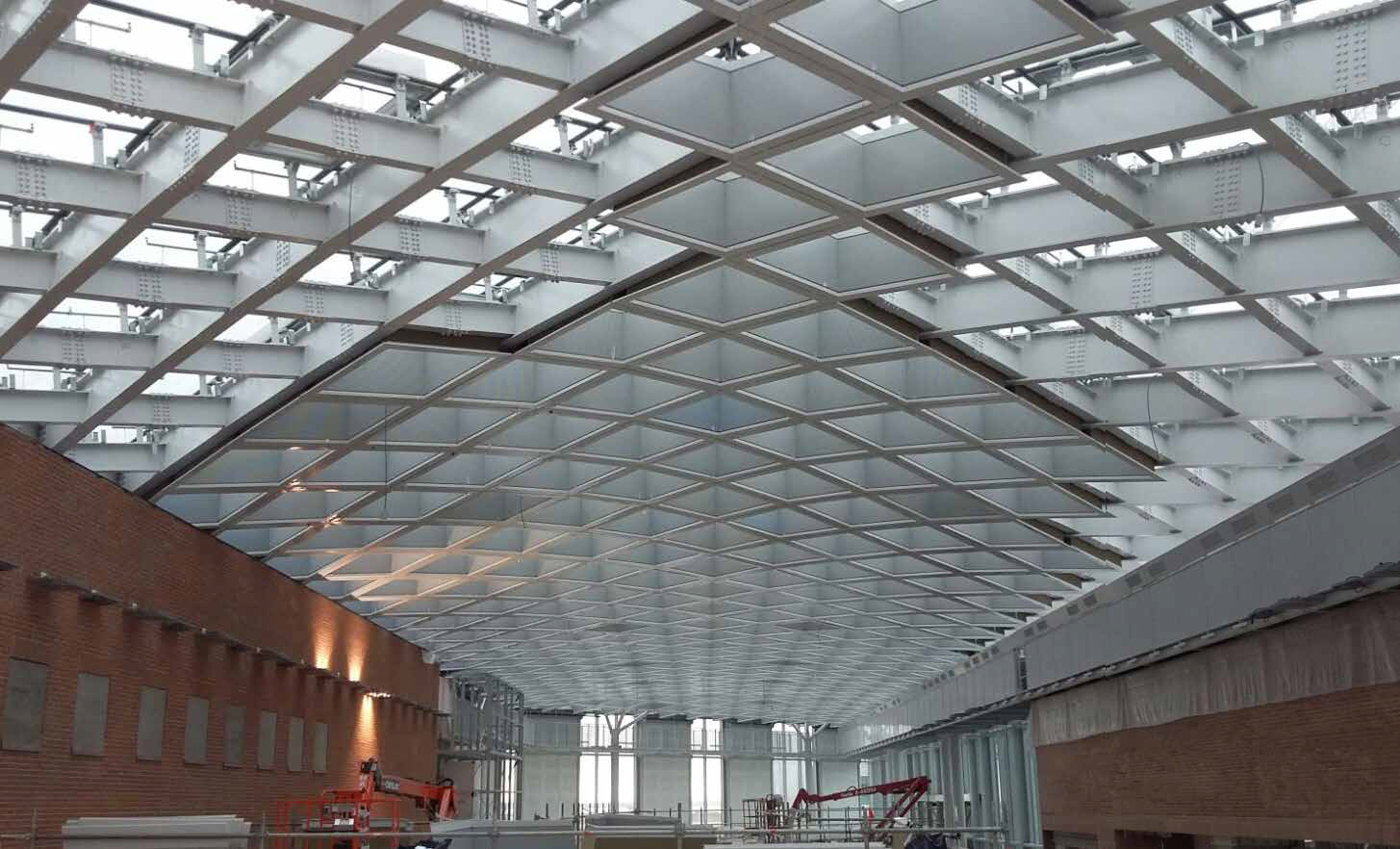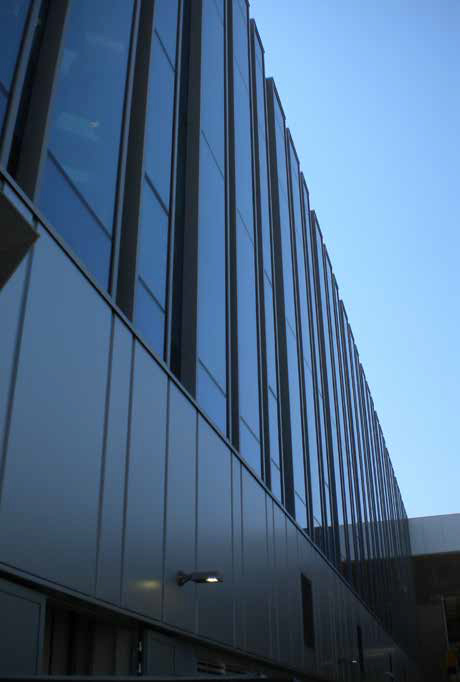Advanced Interlayer Solutions Division Projekte Marco Polo Airport
ADVANCED INTERLAYER SOLUTIONS



Located on the mainland, just to the north of the historic Italian city of Venice, Aeroporto di Venezia Marco Polo (Marco Polo Airport) greets flights from all over the world; and with over 11 million passengers transiting in 2018, it has earned the accolade of being Italy’s fourth busiest airport.
Its proximity to Venice, other local historical attractions and areas of natural beauty, is reflected in the amount of traffic it sees; and is why it has been the subject of numerous upgrades, such as the construction of a modern terminal in 2002.
A more recent project has seen the airport’s passenger terminal not only refurbished but also extended to give it the capability to handle 15 million passengers per year. In order to give the passengers as pleasant an experience as possible, the new designs have incorporated large swathes of glass, much of which uses advanced interlayer technology from Trosifol for both strength and sound attenuation.
The new 11,000 m2 (118,400 ft2) extension improves accessibility to the terminal with a 280 m (918 ft) long fully glazed gallery, forming a plaza-type forecourt structure, which also connects to the dock ― via new moving walkways ― from where passengers can travel to Venice in style by Vaporetto or water taxi.
Designed by architectural firm One Works, a major feature of the new plaza is its grid-pattern roof, which allows large amounts of sunlight into the envelope of the building to give it a natural airy feel. According to the architect: “The new layout has been developed to marry the functional requirements of the day-to-day terminal operations, but also to embrace the beauty of the spectacular views of the Venice lagoon that embarking passengers receive from the commercial square. One Works has created a harmonious dialog between the original airport buildings and the new extensions, ensuring that the iconic lagoon landmark is expanded sustainably, now and in the future.”
According to Roberto Arias, marketing manager at Tvitec, the glass fabricator: “The roof panels created using SentryGlas® ionoplast interlayers from Trosifol are really technically complex. They comprise doubleglazed units that are either triangular or rectangular/trapezoid in shape, most of which are over 2 m (6 ft) in size.”
Fabricated as insulating glass units, the 2,700 panels all consist of an outboard lite of 10 mm tempered glass, a 16 mm air space, and an inboard laminated lite, of two plies of 8 mm heat-strengthened glass bonded together by two plies of 0.89 mm (35 mil) SentryGlas® interlayer (total 1.78 mm / 70 mil).
“You will not see more technically transformed glass than this,” Arias continues. “In addition to the incorporation of multiple layers, a customized panel support system and special seals, the glazing was also cold bent on site, following significant mathematical modelling and testing. In total we supplied 6,300 m² (67,800 ft2) of high-performance glass, with the roof panels making up 5,946 m2 (64,000 ft2) of this total.”
Applications
Region
Interlayer
Architect
Laminator
Airport Management








Keep up with the very latest news in laminated glass innovations and procedures by subscribing to our free Laminated Glass News.
Subscribe here